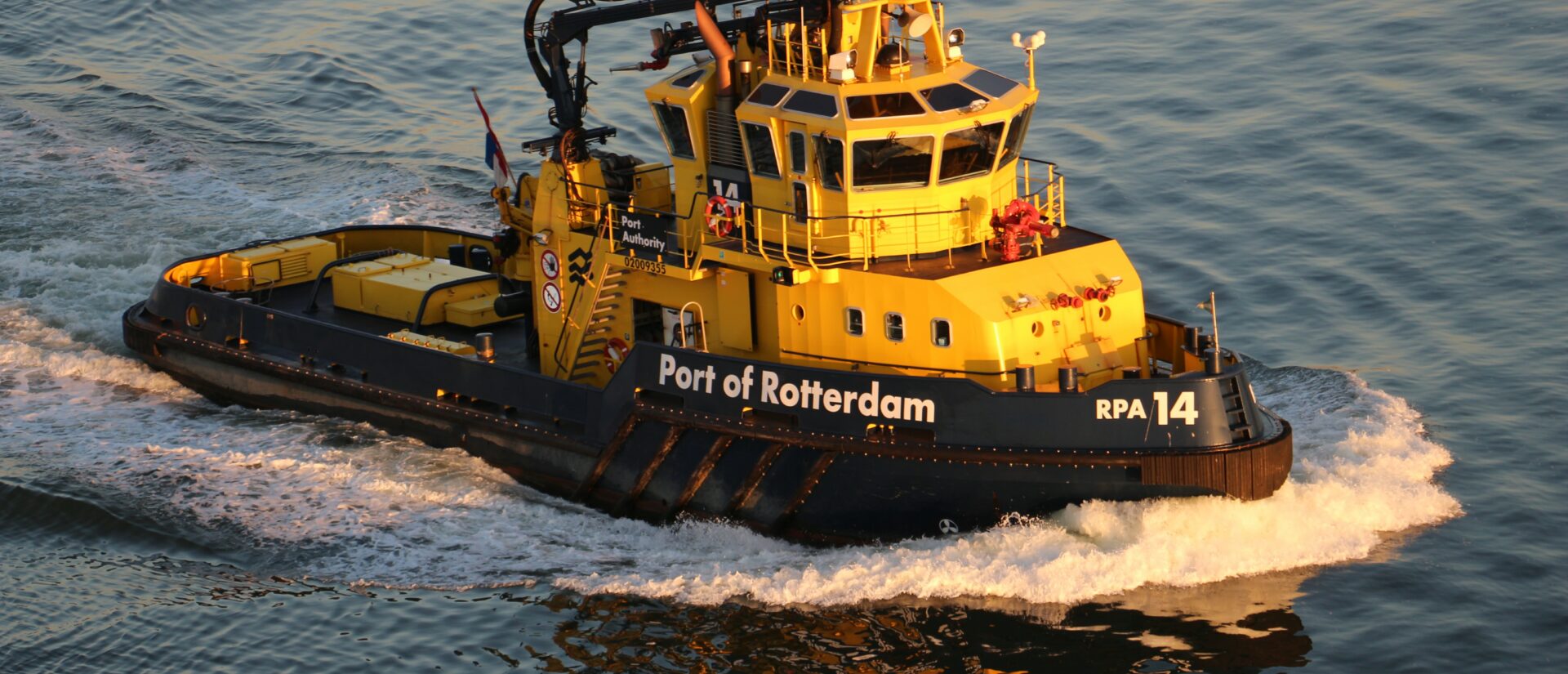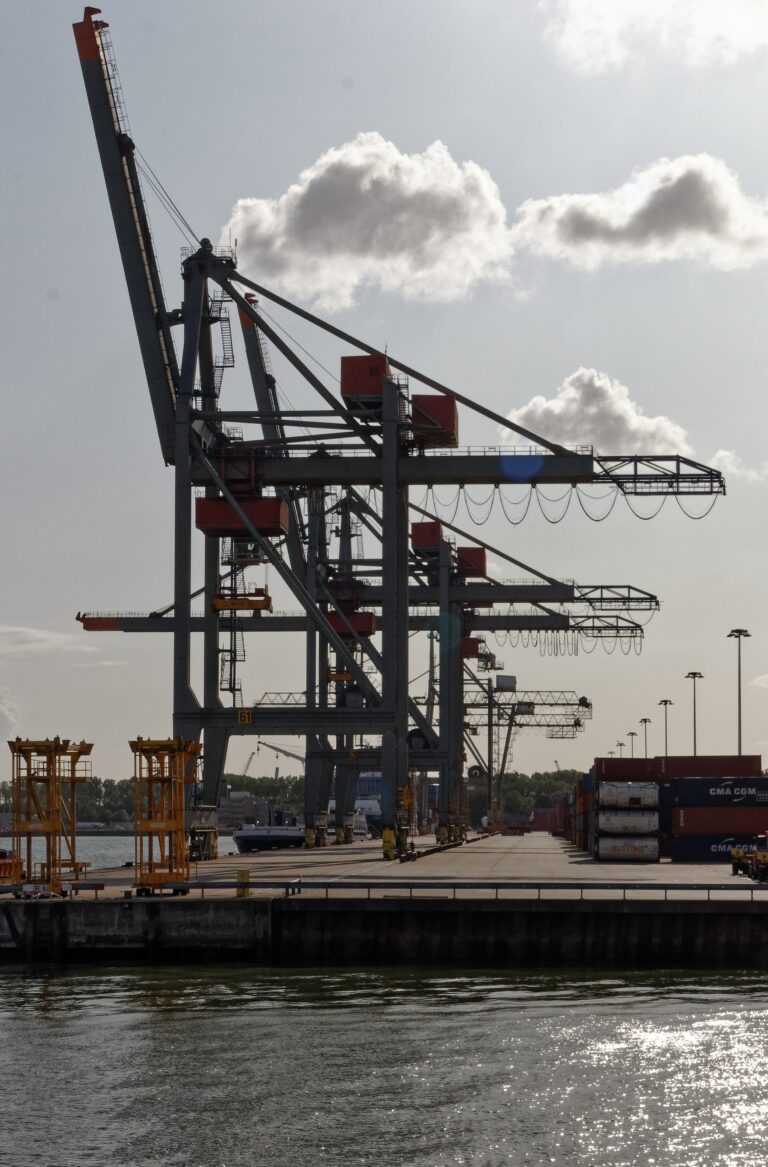
Does climate policy stop at the Dutch border?


The Port of Rotterdam wants to become CO2 neutral in the Netherlands but invests in fossil energy projects abroad.
The far-reaching tentacles of the Port of Rotterdam
The Port of Rotterdam (PoR) wants to be a “sustainable and CO2 neutral” port by 2050, that is, when it comes to activities in the Netherlands. However, the progressive climate policy stops at the border, according to a new SOMO study. Internal policy documents show that the Port of Rotterdam is actively looking for commitments from oil companies or coal-fired power stations for projects in Brazil and Indonesia, for example.
The Port of Rotterdam developed plans for a port-industrial complex in Kuala Tanjung in Indonesia. Although PoR has refused to allow access to these feasibility studies, various sources show that a coal-fired power plant is planned in the complex, possibly including a coal terminal. PoR does not deny this, and states that it came to its decision to attract a coal-fired power plant because Indonesia “will unfortunately be dependent on fossil fuels for a longer period of time.”
As long as foreign projects are being developed with a central role for the fossil fuel industry, this contributes to further climate change. The burdens are borne elsewhere, while the climate still must ultimately pay the price, states the SOMO study.
Ilona Hartlief, researcher at SOMO: “The Port of Rotterdam is making countries dependent on the fossil industry for decades to come. Once a coal terminal has been built, it must be used for at least twenty years to get the return on the investment. As a majority shareholder, the city of Rotterdam has an important responsibility and the ability to hold projects abroad to the same criteria that apply to projects in Rotterdam. The climate crisis that we face requires measures that go beyond national borders.”
The Rotterdam city council will soon be deciding on an update of a policy framework, used to formulate the municipality’s policy for companies in which it has an interest. In the new policy framework, the public interest should extend beyond the economic domain and, for example, should also address sustainability and social justice – not only in Rotterdam, but worldwide.
Do you need more information?
-

Ilona Hartlief
Researcher


Related content
-
The far-reaching tentacles of the Port of Rotterdam Published on:
 Ilona HartliefPosted in category:Publication
Ilona HartliefPosted in category:Publication Ilona Hartlief
Ilona Hartlief
-

-



